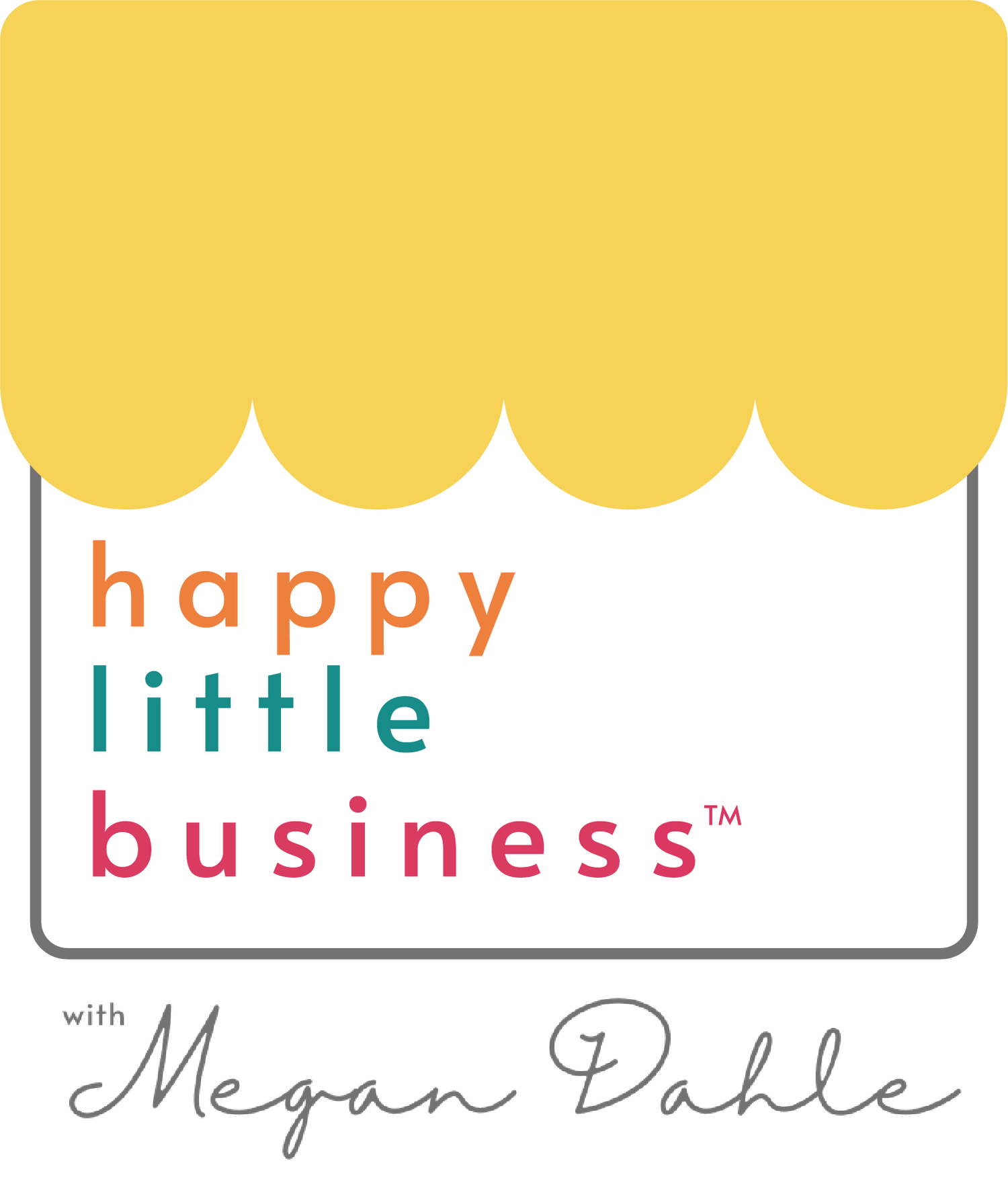Accounting wasn’t built for your business.
I recently rewatched The Truman Show because I was curious about when he started realizing everything was not as it appeared.
Truman was born and raised inside a box. A huge box with a fake town, fake lake, and fake sky, but it was a box.
Slowly Truman starts suspecting that things aren’t as they seem, and he KNOWS there is something “outside the box” and he wants to travel and explore it.
But first came that uneasy feeling of: “There’s gotta be something I’m not seeing. There has to be more. What am I missing? What am I not seeing?”
Have you ever felt like that with your business? Have you ever felt like you’re doing everything wrong, but you don’t know how to find how to “do it right?”
When we start asking questions, the age-old response of “KNOW YOUR NUMBERS!” comes flying back, but even that answer is unsatisfactory.
Have you ever felt like there is something more to know about your business, but you can’t see it and don’t know the right questions to ask?
You’ve maybe even followed this urge and hired a bookkeeper or a CPA. You review your financial statements, maybe track a bunch of metrics – like hours billed, WIP reports, and still… something is lacking.
And the message you get from the bookkeeper and accountant seems like they’re saying: “the accounting is right. It’s you that there’s something wrong with.” Not in so many words… but every time you get a short or dismissive answer, every time you’re referred back to your cash flow statement or profit and loss, you get a bit more frustrated and a bit more conditioned not to ask questions.
They were trying to help - truly – but bookkeepers and accountants are limited to how accounting has been taught for eons.
You see, the accountants, bookkeepers, and the rest of the number nerds (I’m just going to use “number nerds” from now on - it’s just faster) have the curse of knowledge without the blessing of wisdom sometimes. “Booksmarts,” if you will.
Number Nerds LOVE the RIGHT answer. Put the right transaction in the right spot and you get a gold star. It’s actually very cathartic. It’s how I fell in love with accounting.
Accounting didn’t just arrive into existence in its current complicated format. It started very simply: who do I owe and who owes me?
If I were to build a table for you and you agreed to pay me with a dozen eggs every week for a year, I’d know I’d be able to feed my family. I would know what to expect and know that I was not going to go hungry. The “accounting” was simple, straight forward, and told me what I needed to know to know I was safe, fed, housed, and part of a community.
As businesses grew, this evolved into someone keeping track of who owes you and what you owe on your behalf. This person was a bookkeeper.
Then things started getting BIG. Like corporations-big. People started pooling their money – “investing” – but their money would disappear into a black hole of complication. There was no transparency as to what the business was doing with the money or how much should get paid out to investors.
Shocking. I know.
Accounting evolved into the more complicated form it takes on today. Now we have income statements, balance sheets, and cash flow statements.
Being told to look at your financial statements isn’t helpful. It belittles and oversimplifies, and it doesn’t give you the answer that you’re actually looking for. Even the large corporations don’t rely solely on their balance sheets, income statements, and cash flow statements to paint the whole picture. They have massive SEC filings the size of novels to explain in detail what’s really going on.
So why are we continually shamed for the condition of our financial statements?
Financial statements are the backstory of your business, not the backbone. While I love a movie prequel as much as the next guy, it doesn’t help me see what’s coming down the road.
What business owners really want to know is: “Am I going to be ok?” “Will I be able to pay my staff?” “What is the right move for growing?”
These questions are all future based, not historic.
So remind me - why do we keep leaning on historical financial statements?
There is something more. There is something better.


